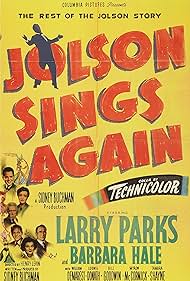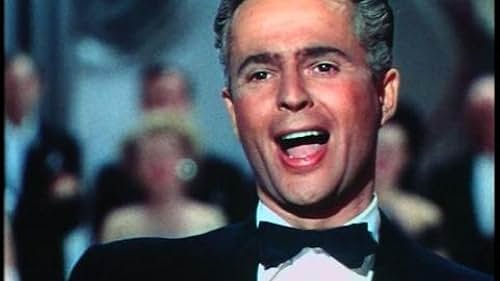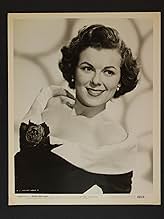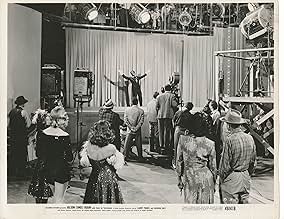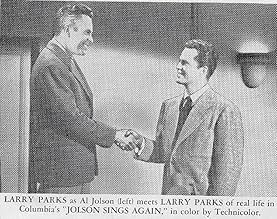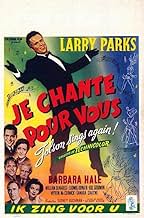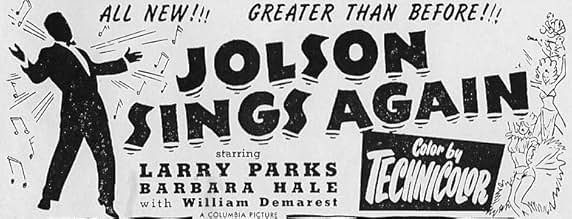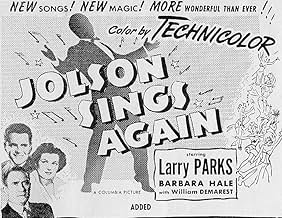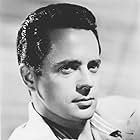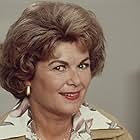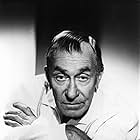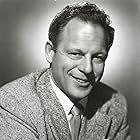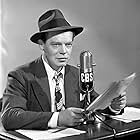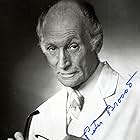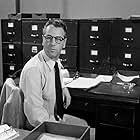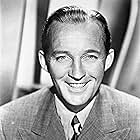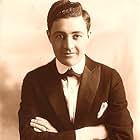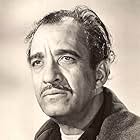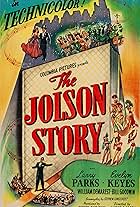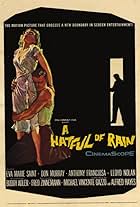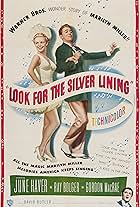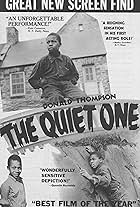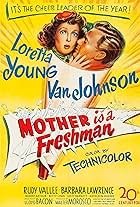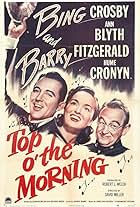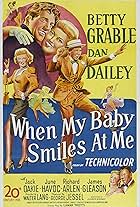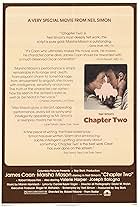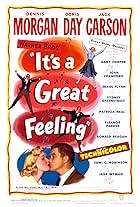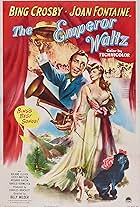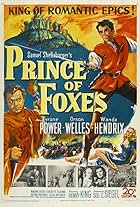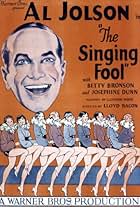This film is unique, as a sequel to the original "biographical" picture three years earlier. Actually, placed in tandem with "The Jolson Story," it begins precisely where the original ends. Together, they present one unified story (as fictionalized as it is) of Jolson from his mid-teens to the period of his rejuvenated career (even besting Crosby and Sinatra as the country's top male vocalist) - when he is now in his 60's, not long before his career was ended by a fatal heart attack, at age 64 (some sources indicate 65).
If viewed together, "Jolson Sings Again" comprises with the predecessor a seamless 3-hour 44-minute presentation of this great entertainer's work. As with the original, much is pure fiction in the way it portrays Jolson's persona. This is even affirmed to a degree when Parks indicates to the screen writing team, after it is arranged in this picture to film "The Jolson Story," that they can juggle dates and facts as they like. He indicates his desire simply to show the performer who loved to entertain. A good friend of mine, who is an entertainer, a member of "The Jolson Society," and who has known some who themselves knew Jolson personally - as well as other things I've heard and read - indicated specific variances to this story.
Jolson apparently, instead of agreeing reluctantly to have his life story filmed, vigorously pursued this end. He also, with equal vigor, argued that he play himself, and purportedly did not have quite as "warm and fuzzy" relationship with Larry Parks as shown. It is also unbelievable, even "corny," how this man could be as amazed, even confused, by some of the events in the film. He had been singing during his entire life, starred in the first "talking" picture, appeared in several films, and made numerous records - from their earlier times. He was one of the pioneers through numerous innovations over many years years, in both film and records. Yet in the story, he is portrayed as naive, and totally surprised, to see the recording facilities the movie producer has. He exhibits an almost child-like amazement upon being shown the film clip of Parks' miming in-costume his recording of "Toot Toot, Tootsie" -- which the producer and Al's wife had "prodded" him into making. Although still interesting to view in the film, this is the most far-fetched of fiction.
One area of the story completely in harmony with real life, though, was depiction of his various tours entertaining armed service personnel. Jolson was admirably every bit as dedicated towards entertaining our military, as shown (actually, perhaps even more so!) - and did so during several conflicts, from the Spanish American to Korean Wars (visiting troops of the latter at his own expense) .
The portrayal of his continuing relationship with William Demarest's "Steve Martin" composite/fictional character, and Barbara Hale as his wife (2nd in this story, 4th in real-life) are warm and enjoyable to observe (Demarest's "Steve" is the spriest senior citizen ever, on film or off -- based on the overall time line of the two pictures, he would have been well into his 80's). And like the original, the music in this sequel is outstanding, the performances well-acted,
